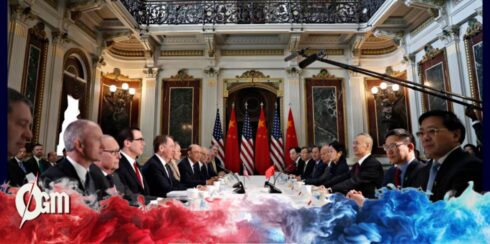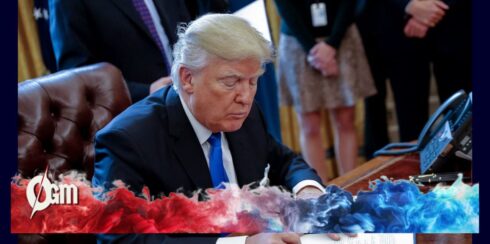TikTok’s legal battle to avoid a nationwide ban or forced sale in the United States suffered a major blow after a federal appeals court upheld a law mandating such measures by early 2025. The court dismissed TikTok’s argument that the law was unconstitutional, citing its “staggering” impact on the free speech of the platform’s 170 million American users.
In its decision, the court affirmed the law was a bipartisan effort reflecting extensive deliberation by Congress and successive administrations. “The law is carefully crafted to address control by a foreign adversary, specifically the People’s Republic of China (PRC), as part of a broader initiative to mitigate a credible national security threat,” the ruling stated. TikTok’s parent company, ByteDance, has consistently denied allegations of links to the Chinese government, a claim central to the U.S. government’s push for action against the app.
TikTok to Appeal to Supreme Court for Free Speech Protection
TikTok has vowed to take its fight to the U.S. Supreme Court, citing confidence in the court’s track record of upholding Americans’ constitutional rights. In a statement, the company criticized the law as being based on “inaccurate, flawed, and hypothetical information” that could unjustly censor American citizens.
A TikTok spokesperson underscored the implications of the ruling, stating, “The Supreme Court has an established historical record of protecting Americans’ right to free speech, and we expect they will do just that on this important constitutional issue.” The company also expressed concern about the precedent a ban might set for free expression in the digital age.
Trump’s Presidency Could Be a Lifeline for TikTok
Donald Trump’s victory in the 2024 U.S. Presidential Election could provide a reprieve for TikTok. While Trump unsuccessfully attempted to ban the app during his first term in 2020, he signaled during his recent campaign that he would block the ban if elected. With his inauguration set for January 20, a day after the law is scheduled to take effect, Trump’s stance could potentially alter TikTok’s fate.
However, legal experts remain skeptical about his ability to counter the prevailing anti-China sentiment in Congress. Professor James Grimmelmann of Cornell University stated, “The president-elect would be swimming upstream to give TikTok a reprieve. Both parties have significant constituencies advocating for restricting TikTok’s presence in the U.S. market.”
Impact on Digital Ecosystem and Content Creators
The potential ban would create substantial disruption in the digital content creation landscape. Major social media platforms like Meta (Facebook, Instagram) and YouTube are already positioning themselves to capture TikTok’s market share. Jasmine Enberg from eMarketer predicts “major upheaval” if the ban is ultimately enforced, suggesting significant implications for content creators and small businesses that have built their digital presence on the platform.
Content creators like Tiffany Cianci represent the human element of this technological dispute. While some platforms hope creators will migrate, many remain committed to TikTok, viewing alternatives as less effective and potentially more restrictive. This resistance highlights the platform’s unique ecosystem and the deep connection creators have developed with the app’s distinctive short-form video format.
Supreme Court and Political Wildcards
TikTok has announced its intention to appeal to the US Supreme Court, positioning the case as a critical constitutional free speech issue. The company maintains that the ban would effectively censor millions of American users and is based on “inaccurate and hypothetical information.” The potential presidential transition, with Donald Trump’s return to office, adds another layer of complexity, as he has previously expressed both support for and opposition to banning the platform.
Legal experts like Professor James Grimmelmann suggest that overturning the ban will be challenging, given the strong bipartisan anti-China sentiment in Congress. The Supreme Court’s decision could set a precedent for how technological platforms with international ownership are regulated in an increasingly interconnected yet geopolitically fractured world.














